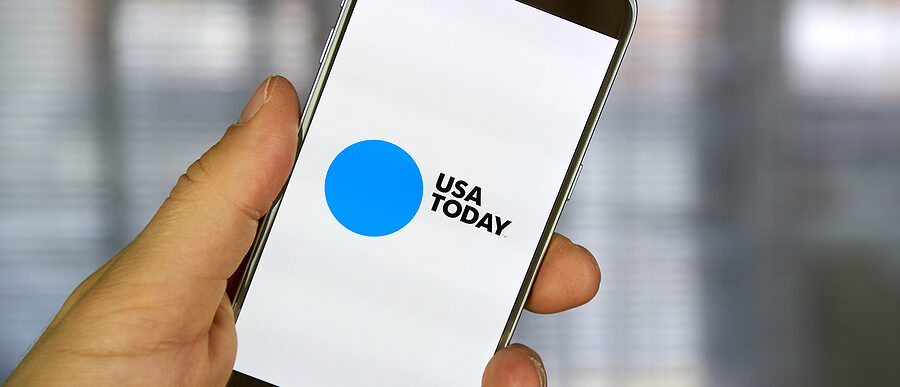
Is Microsoft’s Windows 10 a success? Business Insider thinks so.
Lorem ipsum dolor sit amet, consectetur adipiscing elit. Ut elit tellus, luctus nec ullamcorper mattis, pulvinar dapibus leo.
Is Windows 10 a success? Max Slater-Robins of Business Insider thinks so. In fact, he says it looks like Windows 10 is a “huge success” for Microsoft. That seems like an ambitious assumption five months after its July 28, 2015 rollout.

Microsoft thinks Windows 10 is a pretty hot item too. In fact, in a 7:00 a.m. post today, Microsoft says it continues “to be excited – and humbled – by the incredible response to Windows 10.” Here are some of the highlights Microsoft shares in that post:
- Windows 10 has more than 200 million monthly active devices around the world.
- 40% of new Windows 10 devices have become active since Black Friday (Nov. 27, 2015).
- Windows 10 has outpaced Windows 7 by 140% and Windows 8 by 400%.
- Users spent more than 11 billion hours on Windows 10 in December, the highest engagement with Windows ever.
- Users spent over 44.5 billion minutes on Microsoft Edge (the replacement for Internet Explorer) in the last month.
- Cortana, Windows 10’s personal assistant, has been asked more than 2.5 billion questions since its launch.
- Over 82 billion photos have been viewed within the Windows 10 Photo app.
- In 2015, gamers spent over 4 billion hours playing PC Games on Windows 10, and have streamed more than 6.6 million hours of Xbox One games to Windows 10 PCs.
- In December, 60% of paying customers were new to the Windows Store.
- In December, Windows 10 generated more than four-and-a-half increase in revenue per device, compared to Windows 8.
What makes Windows 10 so special? Windows 10 allows Microsoft to deliver one platform to developers across all devices – PC, tablets, smart phones and more – through a single app and in a single Windows Store. It is also the most secure version of Windows to date, and it is more personal and productive, according to Microsoft.
Slater-Robins suggests that Microsoft’s success with Windows 10 might be because it is being offered for free, at least for now. In August, we reported Windows 10 would be free for the first year for those upgrading from Windows 7 and 8.1.
“Previously the company earned a large chunk of its revenue from licensing software and software sales, but that changed with Windows 10,” said Slater-Robins. “To compensate, Microsoft is now looking to monetize users after they have downloaded Windows 10 through the Windows Store and other software products.
Insider Take:
Microsoft seems to be making good progress with Windows 10, but we think it is too soon to call the product “a huge success.” As early adopters of Windows 10, we’ve experienced problems with the operating system along with thousands of other users, and think Microsoft has some work to do. We do, however, prefer Windows 10 to Windows 8. The new version is a compromise between Windows 7 and 8, taking the best of both operating systems and uniting them into one product.
Rather than declaring the product a success at this point, we are more interested in the pricing structure and Microsoft’s shift toward a subscription model. At launch, Microsoft said Windows 10 would be offered as a free upgrade to “genuine Windows 7, Windows 8.1 and Windows Phone 8.1 customers,” with free updates.
Does this mean Windows 10 will always be free, or will Microsoft hook us with the free upgrade and shift to a monthly or annual subscription later as they’ve done with Office? Will they wow us with free features like unlimited OneDrive cloud storage, only to take it away later? While we can see the logic of making money in the Windows Store, we don’t think that can be wholly successful with one-off sales. It seems a subscription component is necessary to make that a viable, reliable revenue stream.
Microsoft has the resources to do what it wants, but we hope it will learn from its past mistakes and be open and transparent with users and subscribers about their products, plans and limitations moving forward. If they do that, we will be more inclined to call Windows 10 a success. For now, we’re reserving judgment.
~ Dana E. Neuts, Subscription Insider
- Filed in Business Strategy, News, SaaS and Cloud Services





